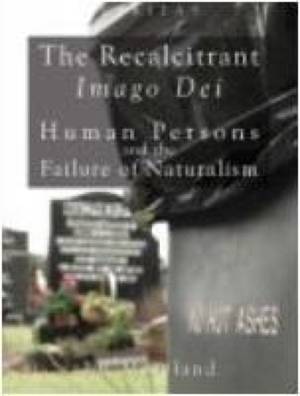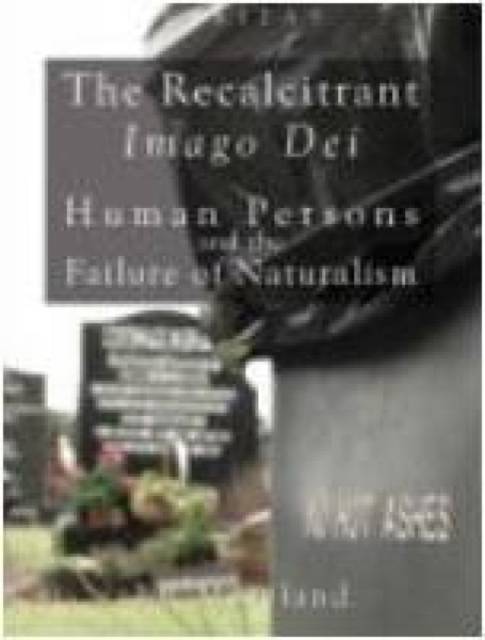
- Retrait gratuit dans votre magasin Club
- 7.000.000 titres dans notre catalogue
- Payer en toute sécurité
- Toujours un magasin près de chez vous
- Retrait gratuit dans votre magasin Club
- 7.000.000 titres dans notre catalogue
- Payer en toute sécurité
- Toujours un magasin près de chez vous
124,95 €
+ 249 points
Format
Description
The Veritas Series brings to market original volumes all engaging in critical questions of pressing concern to both philosophers, theologians, biologists, economists and more. The series aims to illustrate that without theology, something essential is lost in our account of such categories - not only in an abstract way but in the way in which we inhabit the world. The Veritas Series refuses to accept disciplinary isolation: both for theology and for other disciplines. The Recalcitrant Imago Dei offers a critical discussion of naturalism, the idea that all phenomena can be explained by the physical sciences. 'Moreland;s book is a masterpiece of clear, compelling, accessible arguments against naturalism, and a powerful defense of a Christian understanding of persons. This should be required reading for anyone interested in the philosophy of human nature and the debate between theism and naturalism today.' Charles Taliaferro, St Olaf Collage The Recalcitrant Imago Dei is a wonderful read. Chapter by chapter, Moreland systematically sets forth how naturalism denies what is so obvious about ourselves, which is that we are conscious, rational souls that have the power to make undetermined choices for purposes. The power of the book lies in the way that it makes clear how human beings becomeunrecognizable once naturalism has worked them over. Through page after page of careful argument, Moreland shows all of us how deeply unnatural the naturalist account of ourselves is.' Stewart Goetz, St Ursinus College 'Materialistic naturalism has, for some years, been the received wisdom in philosophy, as well as amongst much of the educated public. Many serious philosophical arguments have been brought against this ideology, but usually in a series of separate controversies. Professor Moreland's great service is to bring all these objections together, whilst adding his own original contributions, in a very effective anti-naturalist polemic. He shows us that the materialist world picture cannot accommodate the most basic phenomena of human life: It has no place for consciousness, free will, rationality, the human subject or any kind of intrinsic value. Materialism does not disprove these human realities, it is simply incapable of accounting for them in any remotely plausible way. I would add to the list of its failures that naturalism lacks even a coherent account of the physical world itself. Professor Moreland makes a very good case for saying that, as a serious world view, naturalism is a non-starter: more traditional, theistic philosophies fare much better in the face both of the phenomena and of argument.' Howard Robinson, University Professor in Philosophy, Central European University, Budapest J.P. Moreland's new book is a tour de force. In six clear, concise and tightly argued chapters, he raises profound objections to the attempts of modern naturalistic philosophers to accommodate human consciousness, free will, rationality, selfhood and morality within a purely physical world-view. He thereby significantly enhances the intellectual appeal of a theistic alternative. All open-minded-metaphysicians, philosophers of mind and philosophical theologians should read this book E. J. Lowe, Professor of Philosophy, Durham University
Spécifications
Parties prenantes
- Auteur(s) :
- Editeur:
Contenu
- Nombre de pages :
- 226
- Langue:
- Anglais
- Collection :
Caractéristiques
- EAN:
- 9780334053002
- Date de parution :
- 29-04-09
- Format:
- Livre relié
- Format numérique:
- Genaaid
- Dimensions :
- 140 mm x 216 mm
- Poids :
- 408 g







